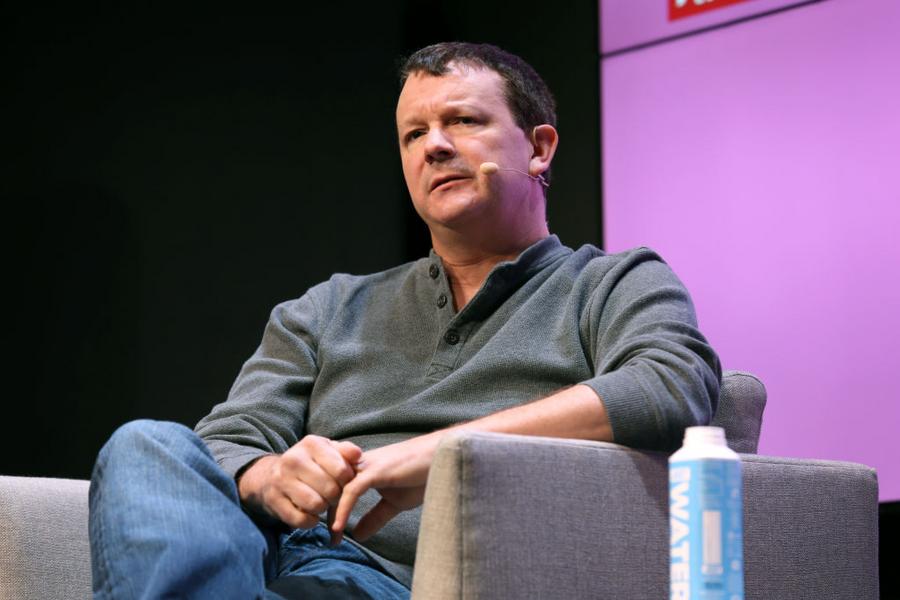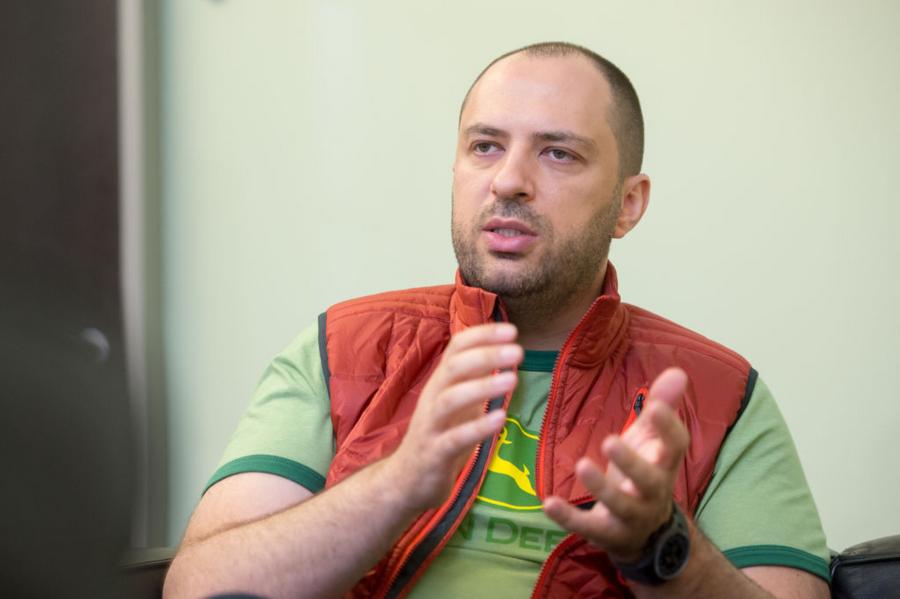In a Washington, D.C. courtroom this week, the Federal Trade Commission (FTC) is trying to convince a judge that the world would be a more competitive and consumer-friendly place if Meta had never acquired Instagram or WhatsApp. One of the central pillars of the FTC's case is that Facebook's $19 billion acquisition of WhatsApp in 2014 wasn't just a savvy business move — it was a strategic elimination of a fast-growing rival.
To counter that narrative, Meta's lawyers called an unlikely ally to the stand: Brian Acton, WhatsApp's co-founder. Acton, who very publicly quit Facebook in 2017 over privacy and advertising concerns, is now helping Meta argue that WhatsApp was never destined to become a Facebook competitor. His testimony — so far — has painted WhatsApp as a product-focused "lifestyle company" that lacked the infrastructure or ambition to evolve into a social networking titan on its own.
But on cross-examination Tuesday, Acton was confronted with a deeply personal consequence of that acquisition — and his early, principled exit. Here's the exchange that unfolded between Acton and an FTC attorney:
- FTC Attorney: "The RSUs you gave up were worth approximately $800 million at the time you left?"
- Acton: "Correct."
- Attorney: "And at today's share price, that would be around $4 billion?"
- Acton: "Just don't say that." (laughter)
- Attorney: "None of the numbers make sense to me."
- Acton: "After taxes, it's two."
In other words, when Brian quit Facebook in 2017, he walked away from a chunk of equity that would be worth $4 billion today — about $500 million more than his current net worth of $3.5 billion.
If someone called me out in public for forfeiting $4 billion, I'd probably cringe too. But here's the thing: That eye-watering figure is just the beginning. The real financial loss — for both Acton and his co-founder Jan Koum — is staggeringly worse…

Brian Acton (Photo by Phillip Faraone/Getty Images for WIRED)
From Yahoo! to WhatsApp: A Billionaire Origin Story
Brian Acton and Jan Koum met at Yahoo! in the late 1990s. After nearly a decade of working together, the two left in 2007, burned out and ready for something new. They spent a year backpacking through South America, playing ultimate Frisbee, and recharging.
In 2009, Koum bought an iPhone, discovered the App Store, and realized a massive shift in communication was underway. He teamed up with Acton to launch WhatsApp — a privacy-focused, ad-free messaging platform. Acton invested $250,000 of his own money into the project and was made co-founder. Within five years, WhatsApp had exploded in popularity, particularly outside the U.S., growing from zero to over 400 million monthly active users.
$19 Billion
In February 2014, Brian and Jan agreed to sell WhatsApp to Facebook for $19 billion.
At the time, it was the largest tech acquisition ever (that number is quaint today compared to the current record holder: Broadcom's $69 billion acquisition of VMware).
Fun fact: When Jan Koum moved to the United States from Ukraine with his mother in 1992, they had absolutely no money. He worked as a janitor at a grocery store, and they had to rely on food stamps to get by. In what might be the most iconic reversal-of-fortunes scene of all time, when Jan received the $19 billion asset purchase agreement documents from Facebook, he drove over to the welfare office where he and his mother once received food stamps and signed the documents on the building's front door:
crazy. moving. RT @BuzzFeed: WhatsApp's Jan Koum signed the $19 billion deal on the door of his old welfare office pic.twitter.com/4l8hU7y9uM
— Connie Loizos (@Cookie) February 20, 2014
Cash and Stock
The $19 billion purchase was structured as:
- $4 billion in cash
- $12 billion in Facebook stock
$3 billion in RSUs for founders and employees, vesting over four years
At the time:
- Acton's stake: worth ~$3.8 billion
- Koum's stake: worth ~$8.55 billion
The Marriage Sours
Despite promises of independence, tensions quickly emerged. Facebook began pushing for data integration, ad products, and business messaging, directly clashing with the privacy-first ideals of WhatsApp's founders.
Acton left first in 2017, walking away from ~4.78 million unvested shares, worth $800 million at the time and $4 billion at the time of his 2025 testimony. He later co-founded the Signal Foundation and publicly urged users to "#DeleteFacebook."
Koum announced his departure in April 2018, though he remained on payroll for months to continue vesting stock. He ultimately walked away from ~2 million shares, worth $450 million at the time — shares that would be worth over $1 billion today.

Jan Koum (Photo by Tobias Hase/picture alliance via Getty Images)
What Could Have Been
If Brian Acton cringes at the idea of giving up $4 billion, hopefully, he's never done the math I'm about to do…
By the time they left Facebook, both Brian Acton and Jan Koum had already converted substantial portions of their stakes into cash. Koum, for instance, had sold more than $7 billion worth of Facebook stock prior to his departure in 2018. Acton also sold a large portion of his shares before resigning in 2017. While his exact sales are less publicly documented, given his public fallout with Facebook and later funding of rival Signal, it's reasonable to assume he liquidated the majority of his holdings.
When Facebook acquired WhatsApp in February 2014, its stock was trading at around $68 per share, giving the company a market cap of roughly $170 billion.
As I type this article, Facebook's stock is trading at $635 a share, giving the company a market cap of $1.6 TRILLION.
If Brian Acton and Jan Koum had never sold a single share and fully vested all RSUs:
Brian Acton:
Estimated shares: ~46 million
46M × $635 = $29.2 billion
Jan Koum:
Estimated shares: ~98.3 million
98.3M × $635 = $62.4 billion
Ooof…
FYI, Jan's $16 billion current net worth makes him the roughly 150th richest person on the planet. If he was worth $62.4 billion, he would rank #22. Brian Acton's current $3.5 billion net worth does not rank him in the top 500. If he was worth $29.2 billion, he would be roughly the 68th richest person in the world.
Ouch. Ouch. Ouch.
/2018/10/CNW-Man-16.png)
/2018/12/mark.jpg)
/2018/08/GettyImages-474608233.jpg)
/2014/02/app.jpg)
/2024/10/mark-zuck-copy.jpeg)
/2018/03/thumb2.jpg)
/2009/09/Cristiano-Ronaldo.jpg)
/2020/02/Angelina-Jolie.png)
:strip_exif()/2015/09/GettyImages-476575299.jpg)
/2017/02/GettyImages-528215436.jpg)
/2009/09/Jennifer-Aniston.jpg)
/2020/01/lopez3.jpg)
/2019/04/rr.jpg)
:strip_exif()/2009/09/P-Diddy.jpg)
/2018/03/GettyImages-821622848.jpg)
/2019/10/denzel-washington-1.jpg)
/2020/06/taylor.png)
/2009/09/Brad-Pitt.jpg)
/2020/04/Megan-Fox.jpg)
/2019/11/GettyImages-1094653148.jpg)
/2009/11/George-Clooney.jpg)